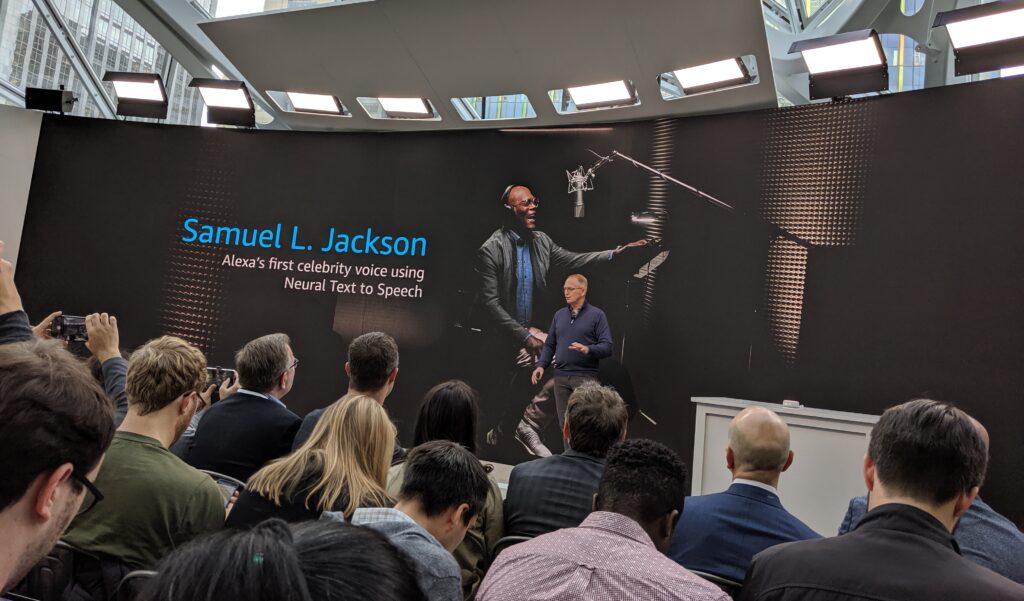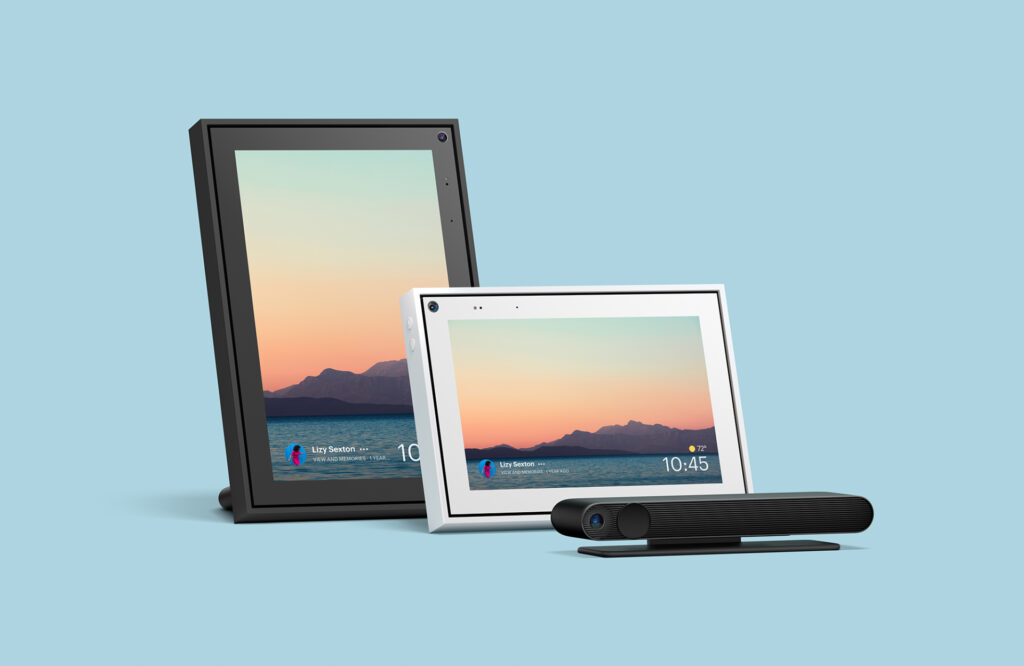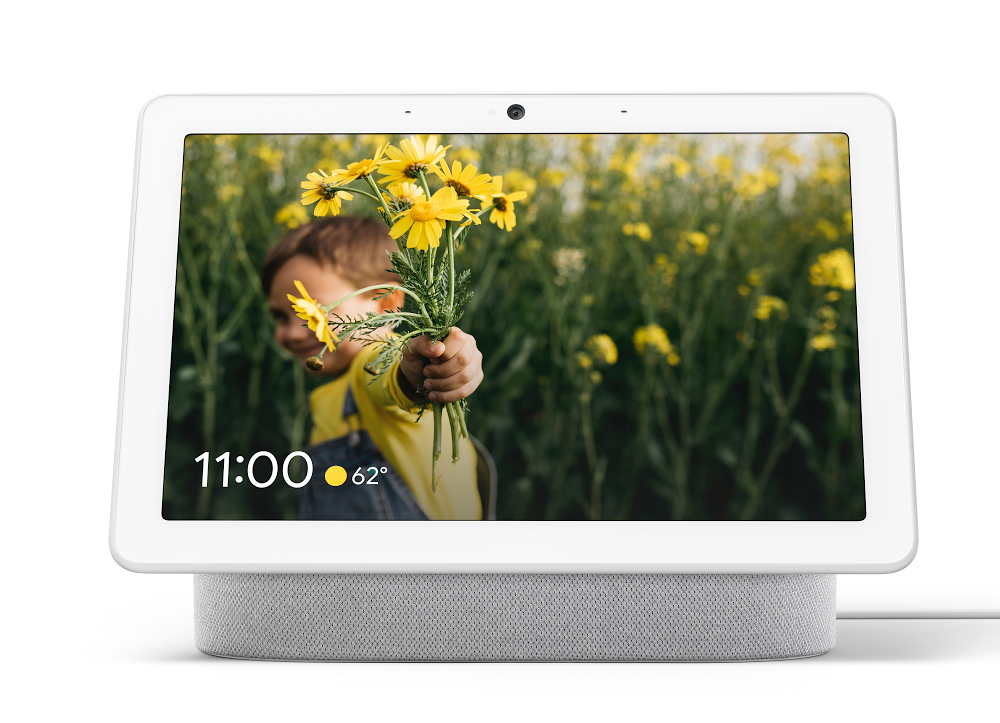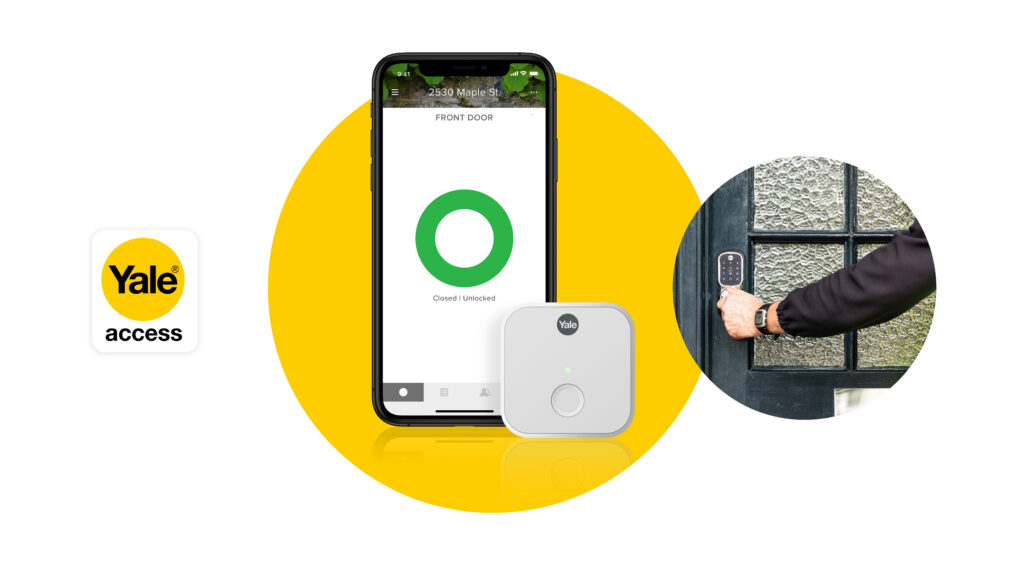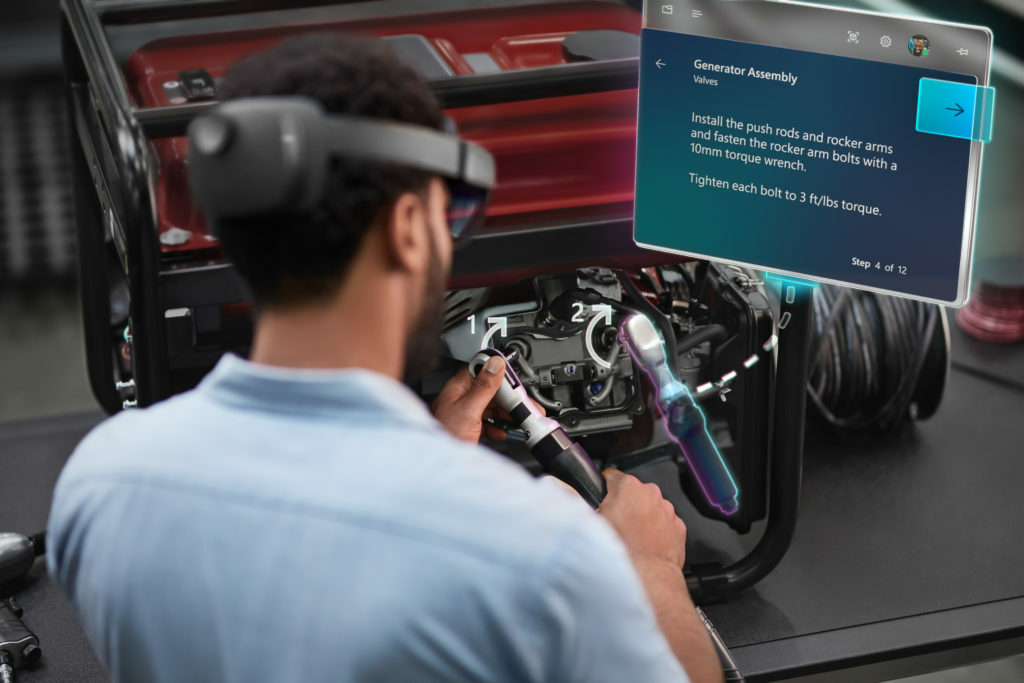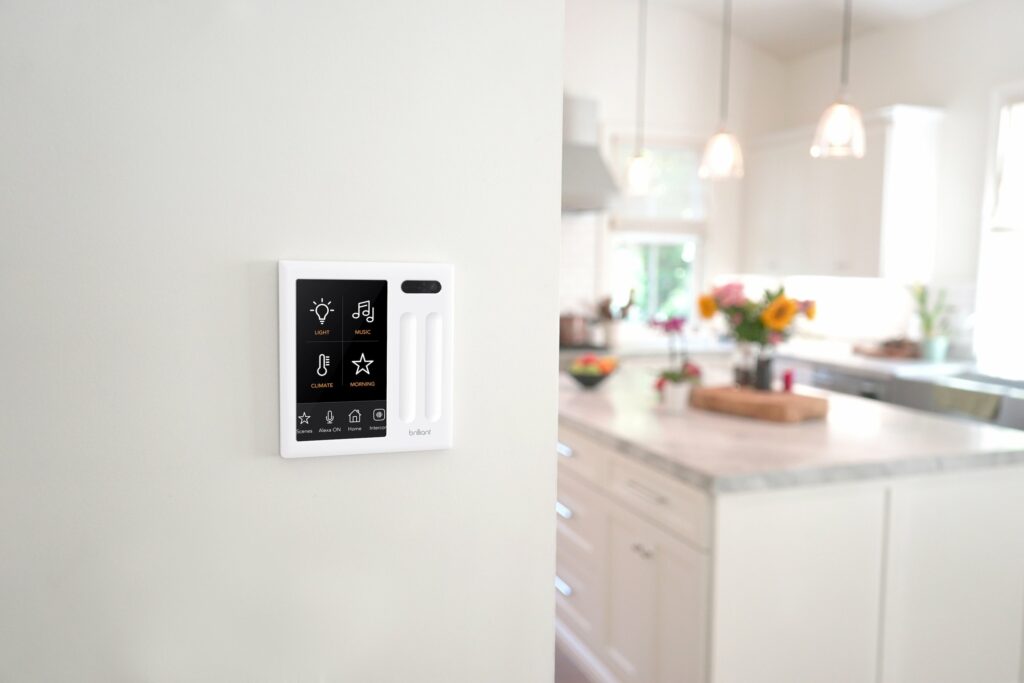In this week’s episode, we start off with speculation about wearables and why we might put the internet of things into clothing. From there we speculate on whether IoT is the new asbestos. I did this show from ARM’s annual tech conference, where I tried to explain some of the big news from the show, such as ARM opening up its instruction set and the creation of a new automotive consortium. From there we cover the new Tile sticker format, the new Linksys security feature that uses wireless signals instead of a camera, and more fallout from Ring’s marketing agreements with municipal police departments. We also talk about Google’s new streaming music feature, a semiconductor deal in the industrial IoT and a bad security flaw in older D-Link routers. We then answer a listener’s question about what tech features she should include while building a new home.
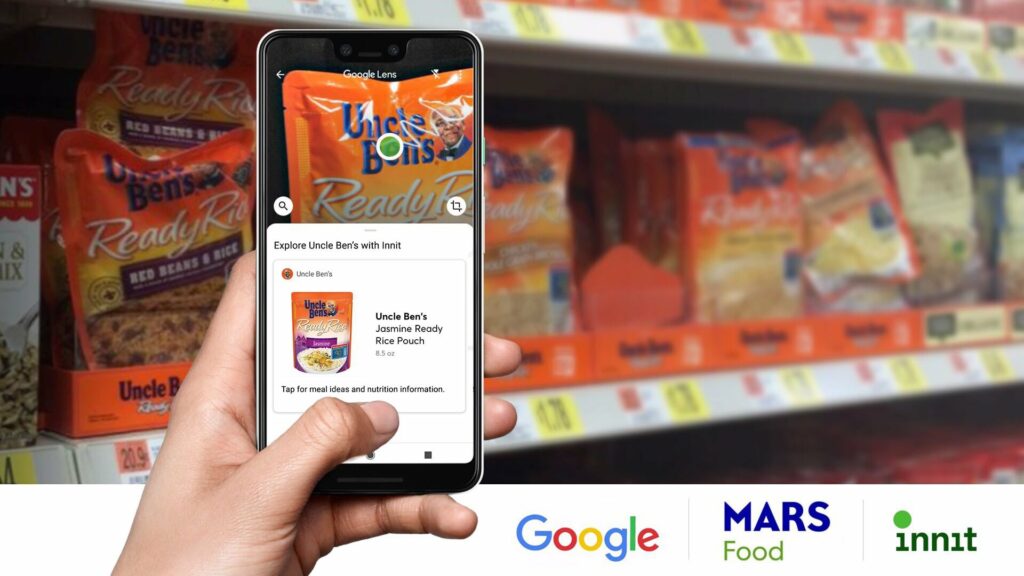
Our guest this week is Kevin Brown, CEO of Innit, a company trying to build a back end operating system for food. The company has products that serve consumer packaged good brands, it’s embedded in appliances and also offers apps for consumers. Brown and I spend most of our time talking about how the rise of Amazon, and technology more broadly, will affect the way consumers choose what to eat and where they buy their food. We also talk about how to make the idea of food as medicine more palatable for people. It’s a quick segment, but it may make you excited about the future of food.
Hosts: Stacey Higginbotham and Kevin Tofel
Guest: Kevin Brown, CEO of Innit
Sponsors: Nutanix and HiveMQ
- Could healthcare drive the adoption of smart clothing?
- We need a building safety code for connected devices
- ARM’s instruction set news could drive a lot more innovation
- Alexa, let’s make a lasagna
- Will you keep buying name brand foods in a decade?
Podcast: Play in new window | Download | Embed
Subscribe: RSS


